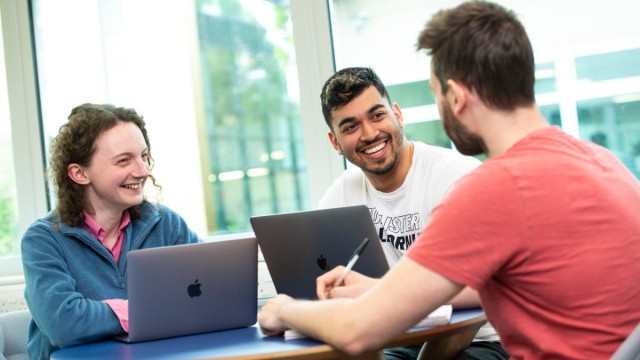
Research
Our mission is to sustainably improve the health and wellbeing of humans and animals, and their environments through new knowledge and its application to the design, development and delivery of responsible innovation and impact.
Our University and Faculty research and innovation strategies emphasise collaboration and co-creation with individuals, groups, and organisations to shape our research and the way it is conducted, shared, and applied. Through knowledge exchange, we aim to foster innovation that benefits as many people as possible. The diverse expertise, networks, and experiences within our research community are essential to achieving our mission.
Impact in conversation
Our researchers share their latest discoveries and how they’re having a positive impact on society.
Our 'One Health, One Medicine' approach
Open Research
We are committed to fostering an open research culture. In these case studies, researchers from our Faculty explain how they have used open and transparent practices to carry out and communicate their research, and explore the benefits and challenges of being open.
Find out more about Open Research at Surrey, and download the Open Research Handbook (PDF).
Research by school
Our schools all work together to provide interdisciplinary research, innovation and teaching in human and animal health. We generate new knowledge through our research and apply it to the design, development and delivery of societal benefit.
































